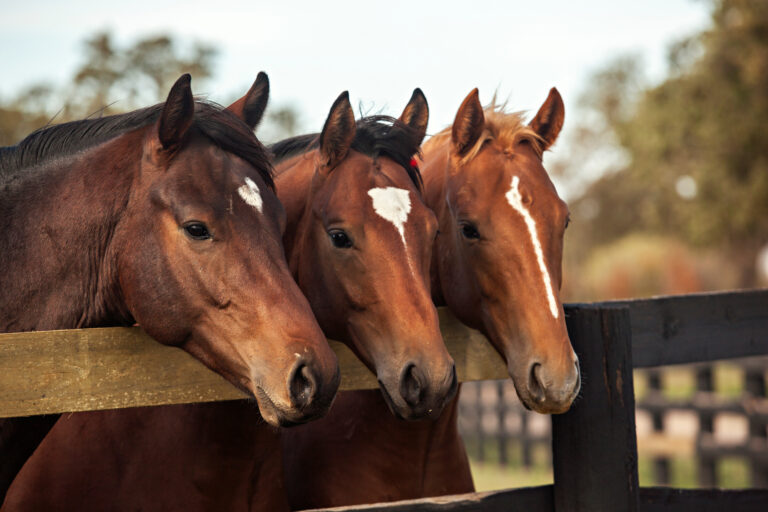
This presentation titled “One-Hour Post-Breeding Lavage Does Not Affect Pregnancy in Mares Bred with Frozen Semen” was given during the 2020 AAEP Virtual Convention by Juan C. Samper, DVM, PhD, DACT, Associate Dean of Academic and Student Affairs at the University of Florida. He stated that the research presented was in part based on the result of some of the work co-author Sofia Kova´csy, MV, did for her Master’s thesis in Argentina. Other authors were Maria E. Cadario, MV, MSc, and and Marcelo Miragaya, MV, PhD. Kova´csy and Cadario are with Equine Reproduction Specialty Practice in Ocala, Florida. Kova´csy and Cadario are also Facultad de Ciencias Veterinarias, Universidad de Buenos Aires, Argentina.
AAEP 2020 Virtual Convention content is available to registered attendees through June 20, 2021, so it’s not too late to register and get all the Convention presentations on demand! Registration is open through December 31, 2020, at convention.aaep.org.
The authors hypothesize that by using deep horn insemination (DHAI), mares could be lavaged earlier than previously thought without affecting the pregnancy rates.

Background for the Research
Post-breeding endometritis is acute, physiologic and transient reaction that occurs due to the presence of spermatozoa on the endometrium; it peaks at 6-8 hours.
“We also know that stronger inflammatory reactions are observed when the number of sperm is increased or concentrated, such as when frozen-thawed semen is used for insemination,” said Samper.
“It has also been shown that mares with delayed uterine clearance or fluid accumulation, if they are not treated properly, they will have reduced pregnancy rates,” he added.
Rectally-guided deep horn artificial insemination (DHAI) is a relatively recent technique where the inseminator bypasses the uterine body and deposits the inseminate close to or at the utero-tubal junction.
The severity of the uterine inflammatory response is thought to be determined by:
- The number of spermatozoa placed in the uterus;
- The length of time the sperm remain in contact with the endometrium.
Two Studies on Mare Reproduction
The researchers designed two studies to determine the effect on fertility of early uterine lavage on mares bred by DHAI. The objectives of these studies were to:
- Determine the relationship between sperm-uterine contact time and the degree of inflammation generated by the presence of sperm;
- Evaluate the effect of early uterine lavage on pregnancy rates of mares bred with frozen semen and bred by DHAI.
“Our biggest finding here is that there is no significant difference between normal and problem mares when we lavaged those [problem] mares 1 or 4 hours post-insemination,” said Samper. “There is a significant difference in pregnancy rate—an increase in pregnancy rate—in problem mares that were lavaged at 1 or 4 hours compared to problem mares that were not lavaged at all.”
Samper stated that one-hour post-breeding uterine lavage of mares bred by deep horn insemination did not have negative effect on pregnancy rates.
“Reducing the degree of the length of the inflammatory process in the mare’s uterus is important in the fertility of mares, particularly those mares that tend to accumulate uterine fluid post-insemination,” noted Samper.
He summarized by stating: “Performing a uterine lavage one hour after deep horn insemination does not appear to have a negative effect on mare fertility and can be used as an additional breeding management tool in problem or sub-fertile mares.”
AAEP 2020 Virtual Convention content is available to registered attendees through June 20, 2021, so it’s not too late to register and get all the Convention presentations on demand! Registration is open through December 31, 2020, at convention.aaep.org.








